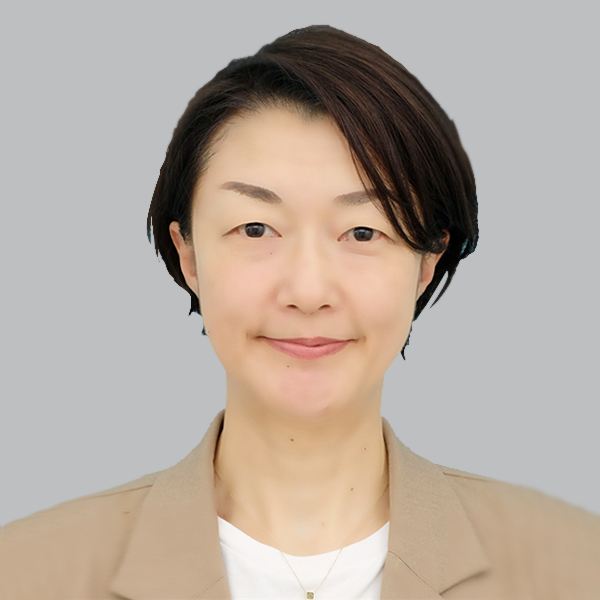Introduction to the “Professor” Status of Residence in Japan
May 30, 2023
The total number of Foreign Nationals Employed at Educational Institutions
As of June 2022, the total number of foreign nationals residing in Japan was approximately 2.96 million. Among them, a significant number were employed in Japanese educational institutions. Specifically, there were 6,958 individuals holding the “Professor” status of residence and 13,019 individuals holding the “Instructor” status of residence, totaling at least 20,000 foreign nationals. It should be noted that this count excludes individuals with a “status of residence based on family ties or marital status, or other social-status-related factors” that allows unrestricted employment. Consequently, the actual number of foreign nationals working in Japanese educational institutions surpasses this figure.
Overview of the “Professor” Status of Residence
The “Professor” status of residence applies to individuals engaged in “research, research guidance, or education” in positions such as president, director, principal, vice president, vice principal, assistant principal, professor, associate professor, lecturer, assistant, and more, within Japanese universities, equivalent institutions, or technical schools. Key points to consider are as follows:
- Identifying educational institutions defined as “institutions equivalent to Japanese universities.”
- The status of residence can be applicable to individuals even if they don’t hold the title of “Professor.”
- Even in cases where the activities are solely research-based, the status of residence may fall under “Professor” rather than “Research.”
Other important points to note
Income Requirement:
To obtain the “Professor” status of residence, applicants must engage in activities that fall under the “Professor” category in Japan and earn sufficient income to support a stable and continuous stay in the country. If an applicant is engaged in research at a Japanese university without receiving remuneration, their status of residence would generally be classified as “Cultural Activities” instead.
Categories and Forms of Work:
If working as a full-time employee at a university or similar institution, the category is designated as 1. On the other hand, if employed as a part-time worker, the category is designated as 2. Similar to other status of residence categories, the documents required for the application differ depending on the category. It is vital to accurately determine the appropriate category and prepare the relevant documents accordingly. For instance, when applying to extend the period of stay under Category 2, it will be necessary to provide a levied tax certificate and a tax payment certificate as supplementary documentation.







